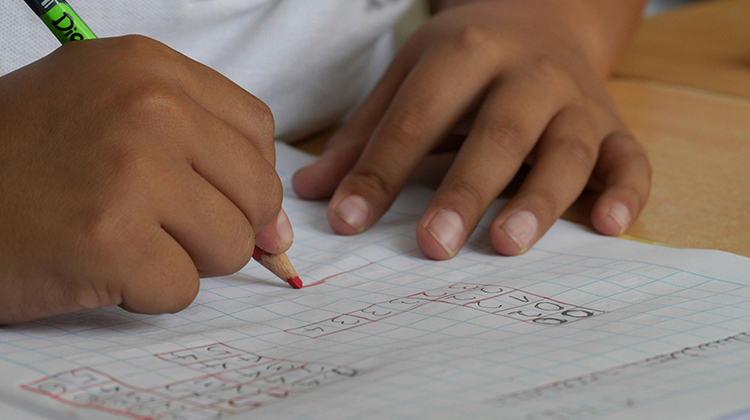Anxiety Causing Children to Shun Mathematics

Maths anxiety is widespread and often manifests as feelings of tension, nervousness, or fear when engaging with mathematics. This anxiety can start as early as in primary school and has long-lasting effects, leading to a cycle of fear, avoidance and poor performance in maths.
But by nurturing curiosity and teaching self-regulated learning, educators can help students overcome their fears and develop a genuine interest in mathematics.
Recognising the signs of maths anxiety, such as physiological symptoms like increased heart rate or cognitive symptoms like intrusive thoughts, is the first step in addressing the problem.
Senior Research Fellow at the Centre for Change and Complexity in Learning at the University of South Australia, Dr Florence Gabriel, said maths anxiety is often rooted in early negative experiences with the subject.
"Maths anxiety can create a persistent fear and avoidance of mathematics," Dr Gabriel said.
"By fostering curiosity and teaching self-regulated learning strategies, we can help students build confidence and transform their relationship with mathematics."
Dr Gabriel’s expertise in educational neuroscience and psychology sheds light on the cognitive and emotional factors that contribute to maths anxiety. She emphasised the importance of creating a classroom environment where students feel safe to take risks and learn from their mistakes.
"To reduce anxiety, it’s crucial to create a classroom environment that encourages students to take risks, ask questions, and see mistakes as opportunities for growth," she said.
"Incorporating real-world applications of maths into lessons can make the subject more relatable and engaging, which in turn helps to reduce anxiety and improve learning outcomes."
Dr Lisa Bailey, Exhibitions Manager at MOD., a future focussed museum at University of South Australia, said that incorporating mathematics into interactive experiences can play a significant role in reducing maths anxiety.
"Maths doesn't have to be intimidating," Dr Bailey said.
"By incorporating mathematics into interactive and immersive experiences, like those at MOD., we can show students the beauty and relevance of maths in everyday life."
Dr Bailey’s work at MOD. focuses on creating exhibitions that blend science, art, and innovation, making complex subjects like mathematics more accessible and enjoyable for all ages.
"Our goal is to create an environment where students feel empowered to explore, ask questions, and experience mathematical concepts applied to real life situations outside of the classroom," she said.
"This approach may reduce anxiety and also fosters a lifelong love for learning."